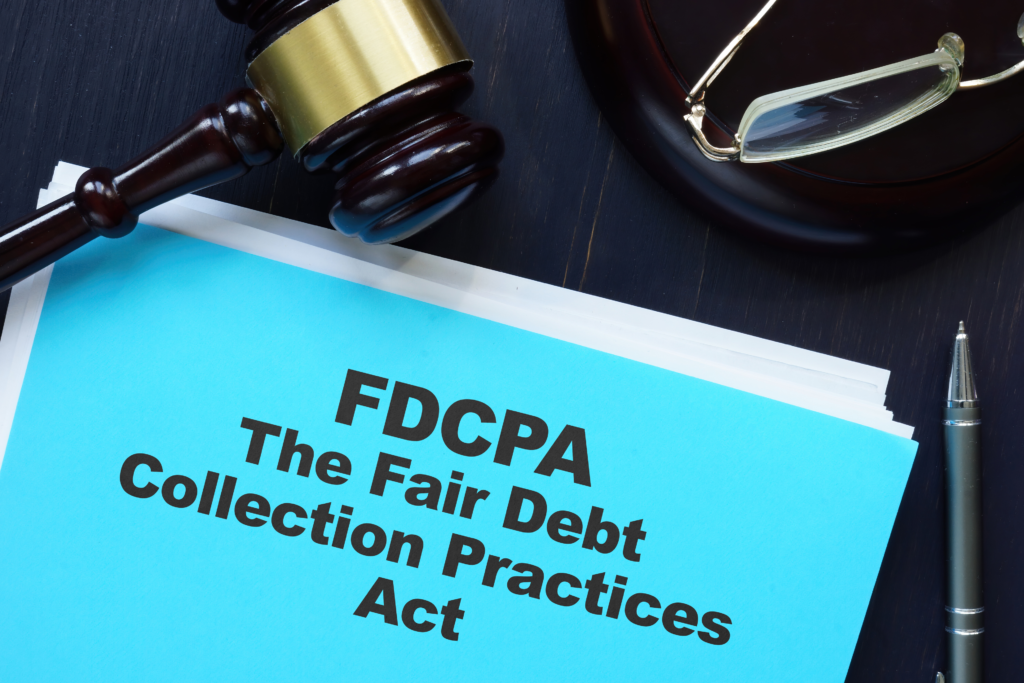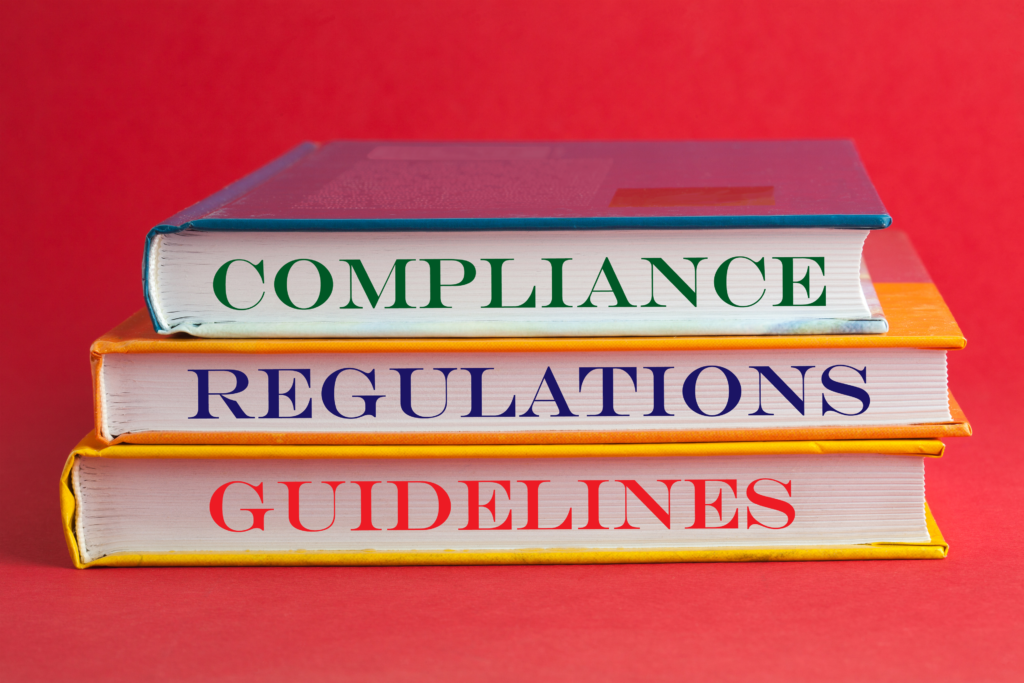When you partner with a collections agency, you’re not just outsourcing debt recovery – you’re entrusting your company’s reputation and legal standing to a third party. Understanding why the Fair Debt Collection Practices Act (FDCPA) compliance matters isn’t just important for collections agencies; it’s crucial for the businesses that hire them.

What Is the FDCPA and Why Should You Care?
• The Fair Debt Collection Practices Act is a federal law enacted in 1977 that regulates how third-party debt collectors interact with consumers
• While it doesn’t directly govern original creditors collecting their own debts, it becomes your concern the moment you engage a collections agency
• The FDCPA serves as a protective framework that benefits consumers, collections agencies, and your business by establishing clear legal boundaries and professional standards
The Direct Impact on Your Business
Legal Liability Protection
• Courts have sometimes held original creditors liable for their collectors’ FDCPA violations, especially when there’s evidence of knowledge or involvement in improper practices
• Ensuring your collections partner maintains strict FDCPA compliance protects your business from potential lawsuits and regulatory scrutiny
• Legal defense costs and settlement payments can far exceed the value of debts being collected
Reputation Management
• Your customers don’t distinguish between your company and the collections agency you hire – the collector represents your brand
• Aggressive, harassing, or illegal collection tactics damage your reputation and can destroy future business relationships
• FDCPA-compliant agencies protect your reputation by treating customers with respect and professionalism during the debt collection process
Recovery Rate Optimization
• FDCPA compliance often leads to better collection results, contrary to common assumptions
• Consumers are more likely to work with collectors who treat them fairly and communicate clearly about their options
• Compliant agencies build cooperation rather than resistance, leading to more successful payment arrangements and higher recovery rates
Key FDCPA Requirements That Protect Your Interests
Professional Communication Standards
• Collections agencies must communicate professionally and truthfully with no misleading threats about legal action that won’t be taken
• No false claims about consequences or impersonation of attorneys or government officials are permitted
• These requirements ensure customers receive accurate information about their debts and available options
Respect for Consumer Rights
• Compliant agencies must honor consumers’ rights to dispute debts, request validation, and limit communication
• When consumers understand their rights and see them respected, they’re more likely to engage constructively in the collection process
• Consumer rights should be viewed as opportunities to resolve accounts efficiently rather than obstacles
Proper Documentation and Verification
• FDCPA compliance requires thorough documentation and debt verification processes
• This ensures only valid, properly documented debts are pursued, reducing the risk of costly disputes
• Proper verification maintains the integrity of your accounts receivable data
How to Ensure Your Collections Partner Prioritizes FDCPA Compliance
Due Diligence in Agency Selection
• Don’t choose collections agencies based solely on promised recovery rates or low fees
• Investigate their compliance record, training programs, and quality assurance processes
• Ask for references from other clients and inquire about their experience with regulatory audits or consumer complaints
• Review their staff training materials and compliance monitoring systems
Regular Monitoring and Communication
• Establish regular check-ins to review performance metrics that include compliance indicators, not just recovery statistics
• Monitor complaint rates, dispute frequencies, and consumer feedback to identify potential issues early
• Request regular compliance reporting and maintain open communication channels
• Conduct periodic reviews of collection practices and consumer interactions
Clear Contractual Requirements
• Your contract should explicitly require FDCPA compliance and outline consequences for violations
• Include provisions for regular compliance reporting and auditing rights
• Establish clear procedures for handling complaints and violations
• Define performance standards that encompass both recovery rates and compliance metrics
The Business Case for FDCPA Compliance

Long-term Relationship Building
• FDCPA compliance supports maintaining long-term customer relationships
• Many consumers who work through payment plans with compliant collectors continue doing business with the original creditor
• Abusive collection practices create permanent animosity and negative word-of-mouth that damages your business for years
• Professional collection practices can actually strengthen customer loyalty and trust
Regulatory Environment
• Consumer protection enforcement is increasing at both federal and state levels
• The Consumer Financial Protection Bureau (CFPB) actively monitors collections practices and imposes significant penalties
• Proactive compliance protects your business from the evolving regulatory landscape
• Regulatory violations can trigger broader scrutiny of your business practices
Cost Avoidance
• The costs of FDCPA violations extend far beyond potential fines
• Legal defense costs, settlement payments, reputation damage, and lost business relationships often exceed the debt amount
• Compliance prevents costly litigation and regulatory enforcement actions
• Prevention is significantly more cost-effective than remediation after violations occur
Moving Forward: Making FDCPA Compliance a Priority
• The FDCPA provides a framework for ethical, effective debt recovery that protects your business interests
• When evaluating collections partners, prioritize agencies that view FDCPA compliance as a competitive advantage
• Look for agencies that demonstrate compliance through training, monitoring, and quality assurance programs
• Consider compliance history and regulatory relationships when making selection decisions
• The goal is to collect outstanding debts while preserving relationships, protecting your reputation, and building long-term business success
• The FDCPA provides the roadmap for achieving these objectives while maintaining the highest standards of consumer protection
• Choosing collections partners who prioritize FDCPA compliance is a strategic business decision that protects your company’s future while maximizing collection effectiveness